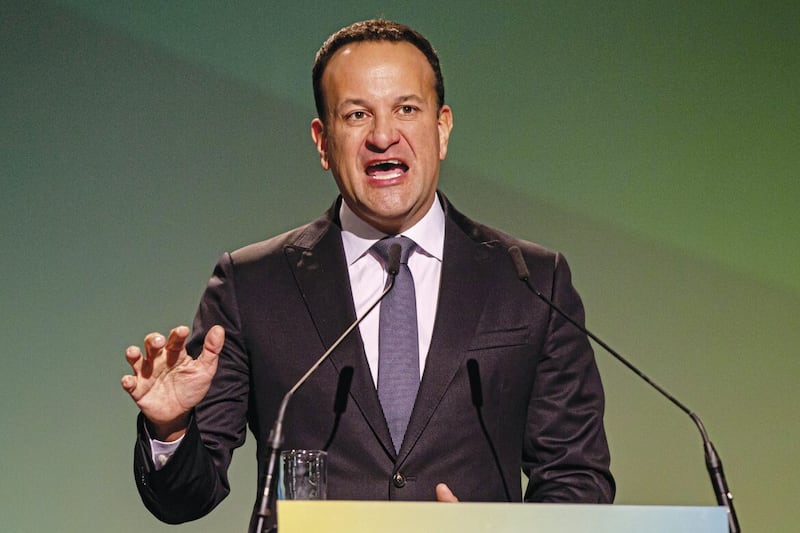The US President Joe Biden confirmed on Monday that a US drone strike in Afghanistan the previous weekend had killed al-Qaida leader Ayman al-Zawahri and declared “justice has been delivered and this terrorist leader is no more.”
Al Zawahri had been second in command to Osama Bin Laden and was one of the masterminds of the 9/11 attacks in which almost 3,000 people were killed in the United States. His killing took place just 11 months after American troops left the country following a two-decade war.
Listening to Biden’s remarks, I was contemplating that there are 50 shades of truth, depending on the telling of the tale and the receptiveness of the audience.
It is true that Ayman al-Zawahri was a radical jihadi who was behind further attacks on the United States, including the bombing of the naval ship USS Cole and the attacks on embassies in Kenya and Tanzania.
It is also true that he was an Egyptian national, killed in an extra-judicial execution in a third country – a country with which the United States signed a peace agreement less than two years ago and which “guaranteed to prevent the use of Afghan soil by any international terrorist groups or individuals against the security of the United States and its allies.”
The CIA strike against al-Zawahri will be seen as proof of the US’s ability to conduct remote operations despite last year’s military’s withdrawal from Afghanistan. Simultaneously, it has also raised questions over al-Qaida’s continued presence in the country since the Taliban regained power.
It true both that the US has the ability to conduct these types of strikes, but that it should not need to do so.
One of the oldest truths is that Columbus “discovered” America and it is true that his accidental “finding” of the continent did bring it to the attention of large numbers of white Europeans, but of course America had, by then, been home to its native population for thousands of years.
In a global context, we are told that Russia is evil because it invaded Ukraine, but the United States and Britain are noble because they liberated Afghanistan and Iraq.
Every story can be turned on its head and still be the truth. As audiences and readers we need to be more aware than ever that there is not just one truth and we need to apply our own internal distillation process to reveal the code.
This is particularly true in the case of how we treat victims and survivors. In respect of those who had lost loved ones on September 11, President Biden said: “To the families who lost fathers and mothers, husbands and wives, sons and daughters, brothers and sisters, friends and co-workers on that searing September day, it is my hope that this decisive action will bring one more measure of closure. No day shall erase them from the memory of time.”
Whether in the United States or closer to home, the well-worn trope of bringing closure to victims is often cited in justification for government actions, or sometimes failing to act.
The killing of Ayman al-Zawahri may bring a measure of closure to some of the victims and survivors of 9/11. But it is also true that many will be triggered or re-traumatised by the news. Others will have wanted him to have been arrested and brought before the International War Crimes Tribunal so that others could also be held accountable and the full extent of al-Qaida’s terror examined.
Twenty-one years on from 9/11, the effects of trans-generational trauma are embedded in the families who lost mothers and fathers who never became grandparents, sisters and brothers who were aunts and uncles to children too young to remember them playing football or pushing them on a swing.
As with dealing with the traumatic legacy of conflict in our own community, there is no single universal approach to meet all victims and survivors’ needs. Truth, justice, accountability, reparations and meeting practical needs are all central to fulfilling our responsibility as a society to redress the wrongs that have been done to those who have endured the worst of suffering.
Central to that approach, we have the opportunity to reverse the maxim that the truth is the first casualty of war. It’s time we did so.








